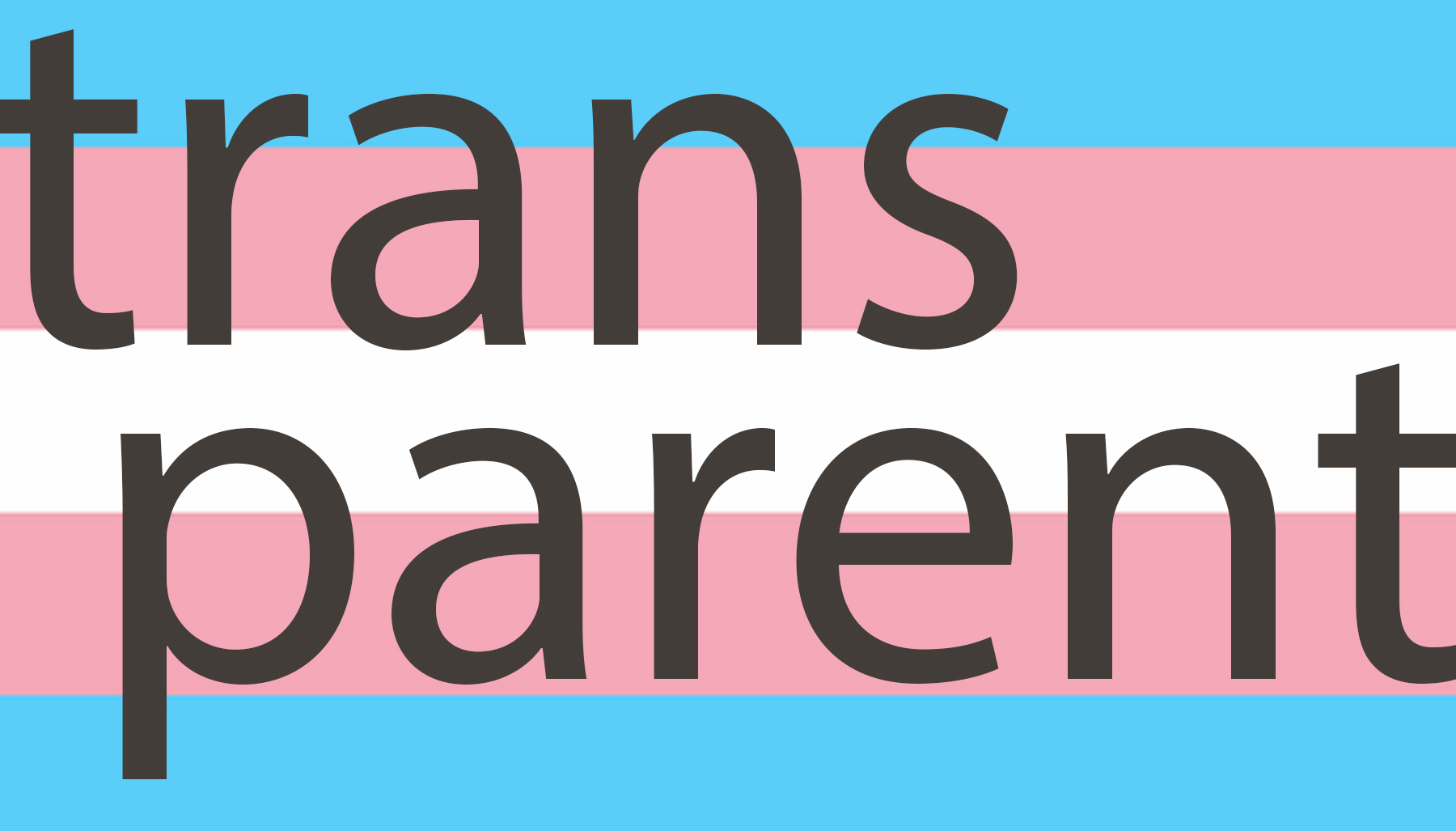
A discussion about transgender athletes
By Jasper Griswold, Columnist
Do transgender women belong in women’s sports? There are two sides in vehement opposition in this issue, and both are very firm in their beliefs.
One side says that transgender women have an unfair advantage to cisgender women, that the increased amounts of testosterone that were once in their bodies gives them some type of biological edge. The other side says that after starting hormone replace therapy and having been on it a while, the loss of testosterone causes muscle tone to decrease to levels better matching cisgender women. But which side is accurate? What does the science say?
Joanna Harper, a medical physicist and transgender runner, wanted to see how testosterone affected the ability for her and other transgender women to run. In 2015, Harper ran a study that showed that transgender women who received treatment to lower their testosterone levels did no better in a variety of races against female peers than they had previously done against male runners. That is, if they had run in the sixth percentile amongst male runners, after they began hormone replacement therapy, they ran in the sixth percentile of female runners. Another later study had the same results.
After Harper realized that after transitioning she added five minutes to her marathon time, she asked other transgender athletes for their pre- and post-transition run times. This shows that, at least for running, hormone levels seem to affect performance more than assigned gender. However, what about other differences? Assigned male people that go through masculinizing puberty tend to be taller, and have larger hands, than assigned female people. Does this give them an unfair edge? More research should be done.
Even so, this leads us to answer the question of who, from an athletic standpoint, is female? Sex isn’t neatly divided into two categories. Intersex people blur the lines, don’t fit into the boxes. They have atypical sex chromosome arrangements or physical sex characteristics, such as XXY chromosomes or ambiguous genitalia.
Intersex people who were raised their whole life as women and identify as women may have testosterone levels that could put them at a perceived “advantage”. They may not even know they are intersex. Should they be barred from playing women’s sports? Should they be forced to take testosterone blockers until their levels are back to “normal” for women?
This is a complicated issue. On one hand, there is proof that testosterone affects sports performance. But on the other hand, this would force athletes to quit, join the men’s team, or take medicine to change something in their bodies that they don’t even see as wrong. Is that right to do to the individual? How does this weigh against what is right to the other athletes?
The issue of transgender people in sports seems to be focused on transgender women. Transgender men seem to be seen as being at a disadvantage and aren’t considered as a threat. More research has to be done, and more people need to look into the ethics of any decision made. But no matter what decision is made, transgender women do not deserve to be harassed for joining sports or be told they make it unfair. Biological conditions aren’t the fault of the individual.

